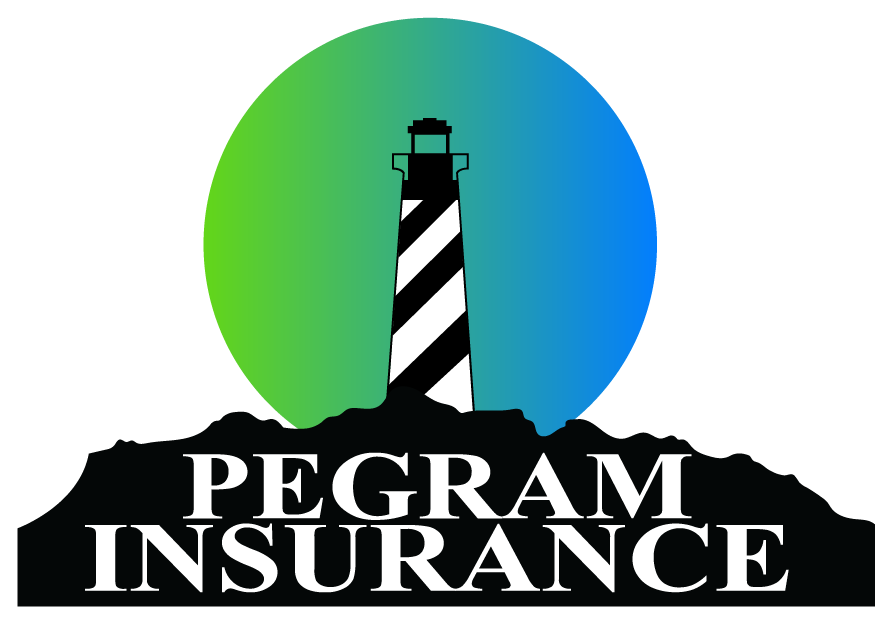
We will discuss policies for short term rental insurance or seasonal homes. This can commonly be referred to as Airbnb insurance, VRBO insurance, or vacation rental insurance. The policy is similar to a personal home insurance policy with slight variations.
Short term rental insurance is not a new phenomenon, but there has been a large increase in these as of late. This is due largely to the advent of companies like Airbnb and VRBO. These companies make the job of leasing your home out a breeze. A lot of people don’t want to turn down the opportunity to make the extra income on their seasonal or secondary homes. If you own a home that you use as a seasonal or vacation home and also rent out, then you should make sure that your insurance policy covers you accordingly.
A lot of people don’t understand that you need to have a specific policy in place to make sure short term rental properties are covered. You need to notify your home insurance company if you move out of your home and lease it to a tenant or have it unoccupied or coverage can be denied. You also need to notify your insurance company of any changes in usage of your secondary home as well.
Most home insurance policies will exclude coverage for business pursuits on your home. This makes your standard home insurance policy inadequate for covering such losses on short term rental properties. Further, if you have a commercial policy in force, but you also use your home as secondary residence for yourself, a commercial policy won’t be sufficient coverage either. This is why you need a specialized policy that acts as sort of a personal and commercial policy hybrid.
Quite frankly, most insurance companies have yet to offer coverage for such a risk. That is just one of the reasons that a large percentage of people do not have proper insurance on their short term rental properties. Another reason is consumer education. Don’t fret though. We have multiple markets that will take on this risk and we are able to close the knowledge gap on this topic.
There are many properties that can constitute a short-term rental policy. Some of the more common types are listed below.
Common Seasonal Homes and Short Term Rental Types
- Beach house or condo
- Lake house
- Mountain house or cabin
- City condo
- Golf course house or condo
Most Important Types of Coverage
What coverage types should you focus on when getting a policy? There are several endorsements that should be considered. The 4 most important types of coverage for short term rentals are listed below.
- Dwelling
- Contents
- Liability
- Business Income
DWELLING
The dwelling is the structure you want to cover. For your home or condo to be covered it is important to make known the use of the building. Like your primary home insurance, this will cover things like fire, water losses, falling objects, lightening, wind, etc. If you use it as a vacation home and a temporary rental, this should be disclosed to your agent. Insurance companies may deny coverage even on these losses if they discover you are renting your house out, even on a short-term basis.
In many cases you can also cover detached structures such as sheds, barns, guest houses, and garages. You want to make sure to tell your agent about these to make sure they are listed on your policy. Some policies will cover up to 10% of the primary dwelling amount. Some, but not all. You may also find that these detached structures need to be covered for more than this amount.
CONTENTS OR PERSONAL PROPERTY
These items include clothing, appliances, furniture, lawn care items, etc. It is highly recommended that you add a replacement cost endorsement to your policy so these items can be replaced instead of just receiving the depreciated actual value of them today if there is a claim. That way if you had a fire loss, you could truly replace everything with like items that are brand new.
LIABILITY
This might be the most important coverage type. If you are leasing out your home and you are sued for negligence of any kind, your liability coverage will protect you. Keep in mind you don’t even have to be at fault to get sued. Lengthy court battles can get expensive and your liability will cover these expenses. They will also cover settlements if the courts rule in favor of the plaintiff.
Do yourself a favor and choose the highest liability limit the company will offer. The cost differential is not that much and the reward for having the higher limits can be huge. Many companies will offer a limit up to $1,000,000 for liability.
BUSINESS INCOME
Sometimes referred to as loss of use coverage, business income covers expenses you would incur by not being able to rent a property due to a covered loss. For example, if you had a fire and the home had to be renovated or replaced, your business income coverage would pay for loss of rental income during this time of reconstruction. This is not always standard so be sure to ask for this if you want the coverage.
Two final recommendations.
- If you plan to rent out a property of any kind, you may want to consider transferring that property into a business name or LLC. This will further protect you from anyone being able to access any of your assets in your personal name. Just make certain your insurance policy is in the same name as the property owner.
- Consider an umbrella policy that will pick up where your underlying property policy leaves off. Again, make sure you have the correct name listed as named insured on this policy as well.
For any questions on anything discussed please feel free to give us a call at 704-494-9495. Our agents can help explain these matters to you and get you a free quote on this coverage.
Contact Us!
For quotes or questions, fill out the form below and one of our agents will be in touch shortly!




